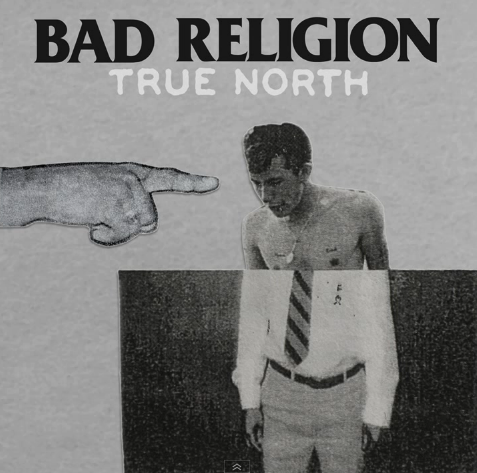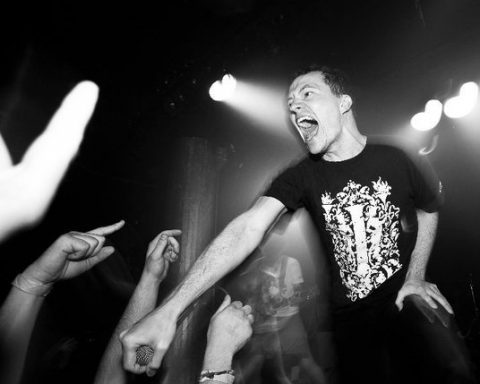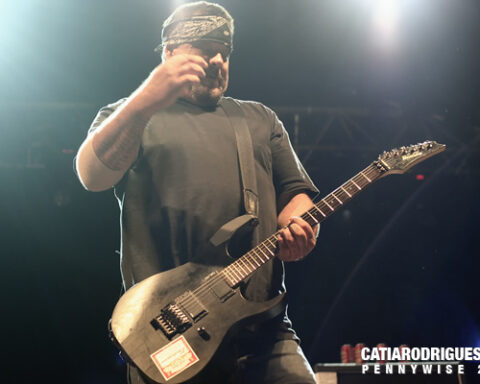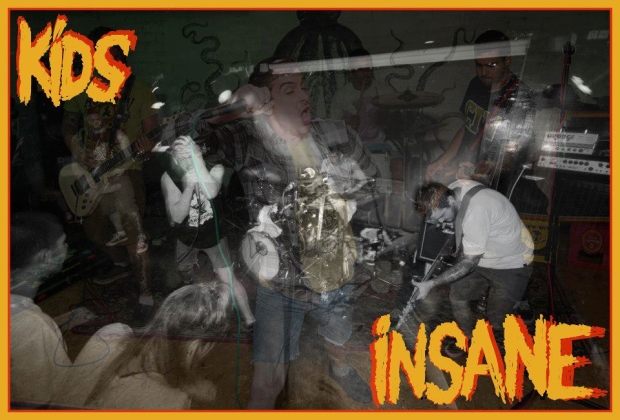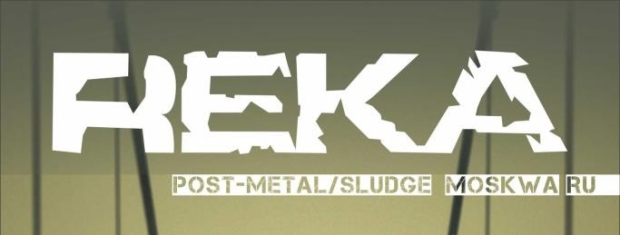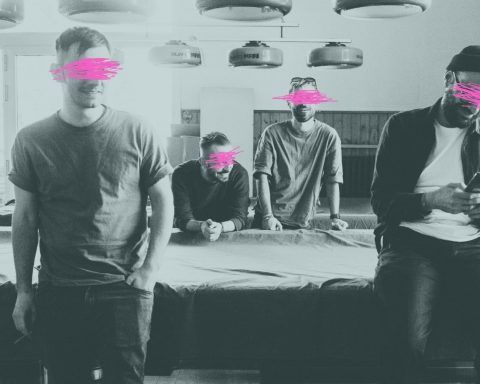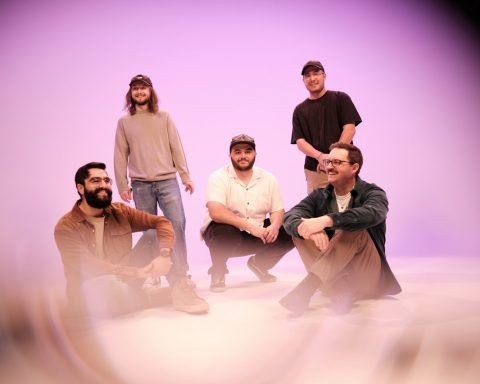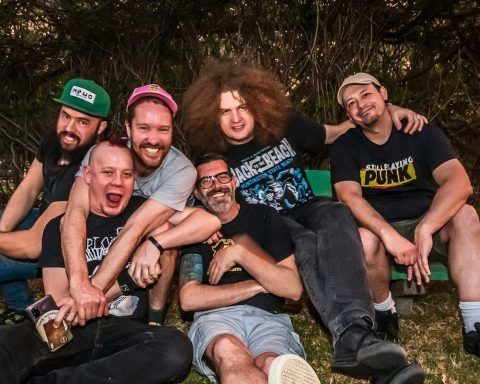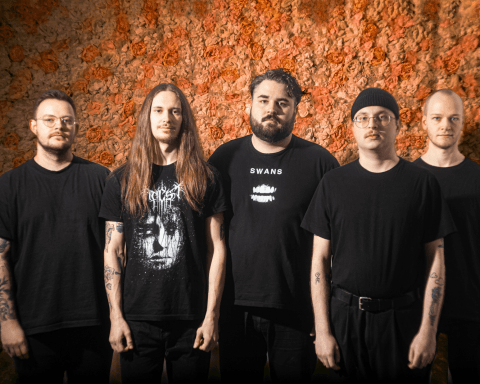SPIN magazine recently conducted an interview with BAD RELIGION founder and guitarist Brett Gurewitz, who offers details regarding their new album “True North”, which was released today.
Your early albums gave voice to disaffected teenagers. Who does True North give voice to?
It gives a voice to me and Greg. But the human experience is universal, so that when people express themselves through art, the whole point of it is to connect with somebody. I feel like music is the most immediate form of art for doing that. It’s very tough for me to be moved by a painting. I’m not saying it can’t happen, but music has the power to move me to tears, and it’s happened frequently in my life. Music is primal, and if you can express something that’s honest with music, you’re going to connect with people. When we write, if we’re successful with a song then we’re connecting with other humans. I don’t know who [those humans] are anymore. For the most part, people outgrow punk rock so we’re connecting with younger people, but there are a few people who have grown with us and stuck with the band.
True North is 16 songs in 35 minutes. Tell me about the decision to be so concise.
The whole thing was a very conscious decision, and it was sort of remembering who we are and what we’re good at. We came out of a very specific scene, playing a very specific kind of music with a very specific kind of philosophy, and ultimately we evolved into what was really just an American rock band. By the time we put out Stranger Than Fiction in ’94, we were playing big, sprawling anthems. We had a gold record. We had a radio hit or two. And that’s allowed. Groups and artists need to evolve, and that was also really exciting, but that’s not who we are, and that’s not what we were ever aiming for. All we ever wanted to be was an L.A. hardcore band. My experience in life is that your greatest successes come as side effects of trying for something else. And that’s really what happened when Bad Religion became a mainstream crossover band. But it occurred to Greg and I that, rather than trying to recapture that, what we should be trying to recapture is the thing that led to that.
This far into your career, is Bad Religion leading by example? Do you see yourselves as elder statesmen?
Either that or we’re overstaying our welcome. I look at people like Neil Young, who don’t ever have to stop. I don’t know if we’re leading by example, but I do think there’s a place for us, and I do think it’s important to have some humility. It’s important for artists to understand and cherish what was special about the stuff they did in their youth. I love Van Morrison, but he might never be able to do anything as good as “Gloria,” and he did that when he was 16 and that might be hard to live with. I can totally live with the fact that Suffer could be the best thing I ever did in my life. On the other hand, if I’ve achieved some great moments in my art when I was in my teens and early 20s, I don’t want that to be so intimidating that I can no longer have creative output. I’m not gonna be able to write, “Do what you want / Do all you can / Break all the fucking rules / And go to hell with Superman / And die like a champion.” [From Suffer’s “Do What You Want.”] I don’t feel that today, but it’s awesome that I was able to write that when I was in my early 20s.
Ultimately, maturing the lyrical content is just another way of evolving.
We’re definitely evolving. The crux of it is, I’m very proud of the new record. I’ve never worked on a Bad Religion record I’m embarrassed of. Well, other than [1983’s prog-oriented] Into the Unknown. But the other 15, there’s not a single one I’m embarrassed of, which is saying something. But I’m particularly proud of the new one.
The rest of this interview can be read here.



